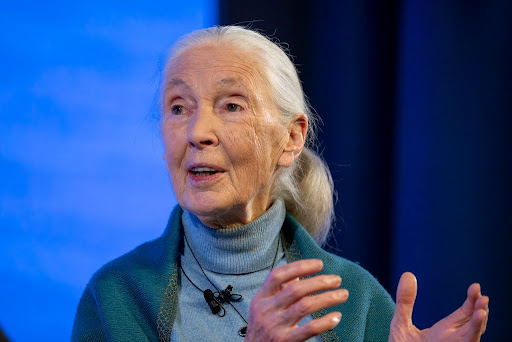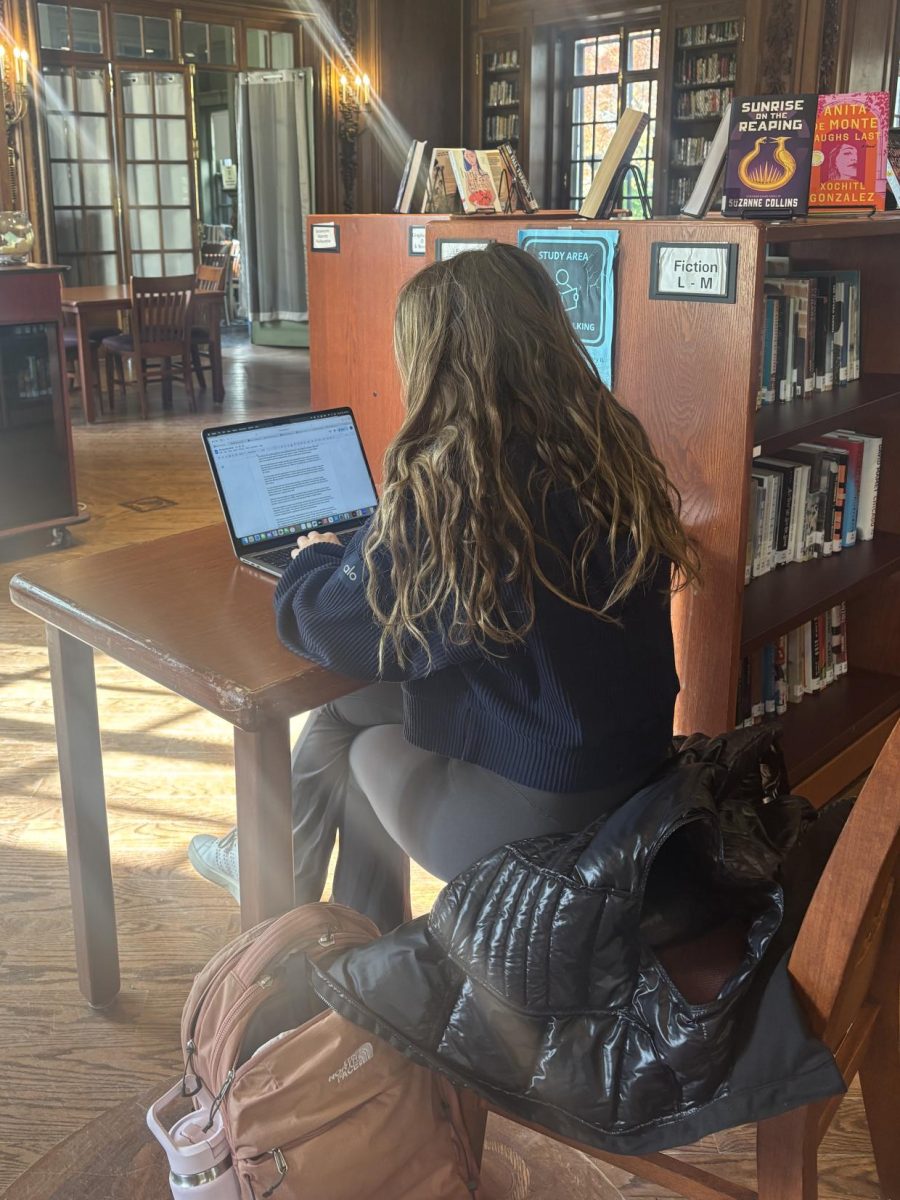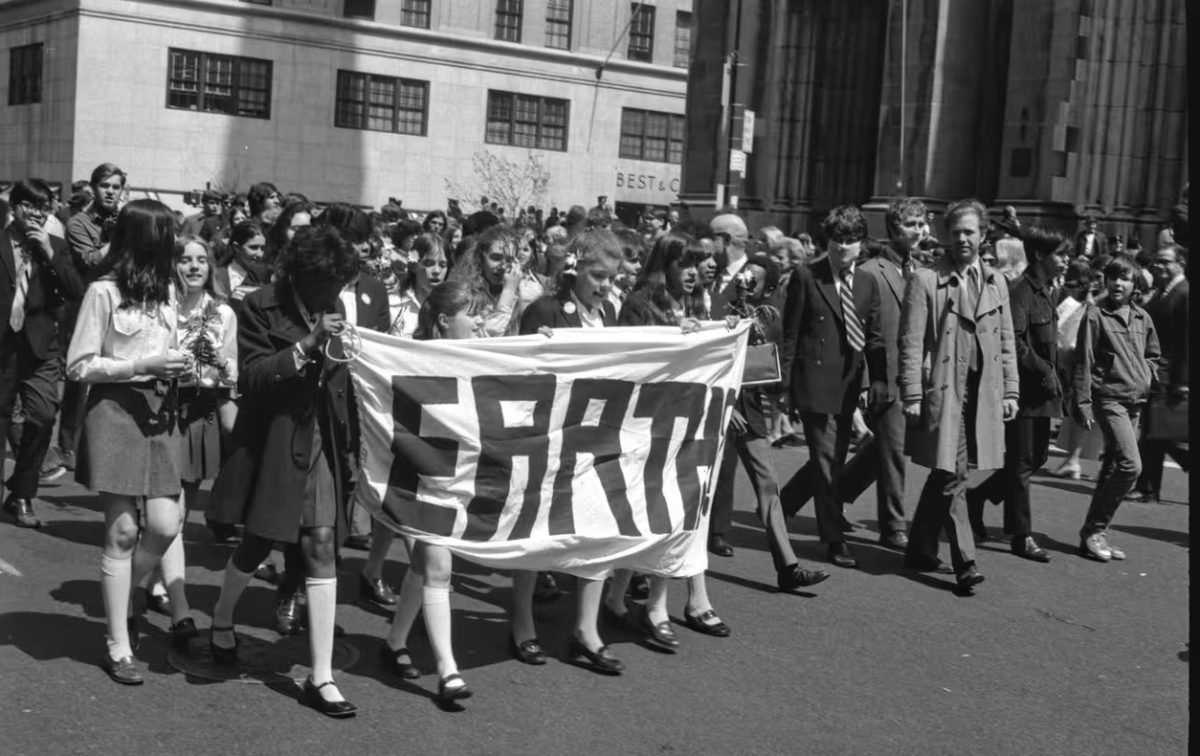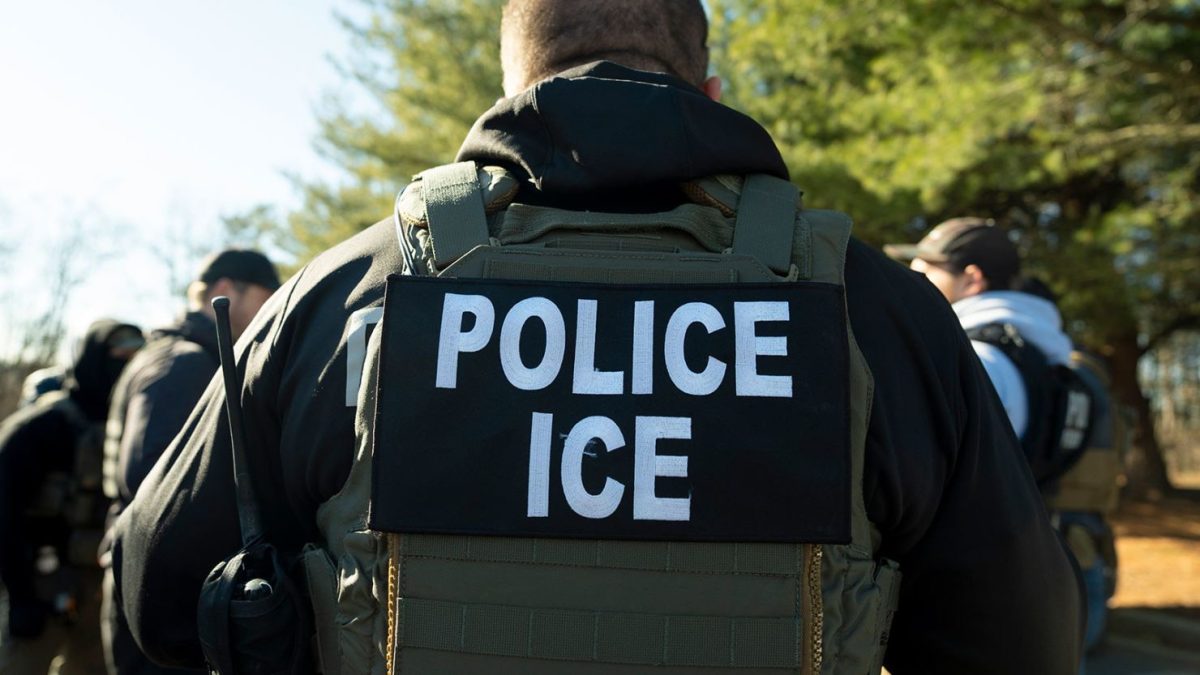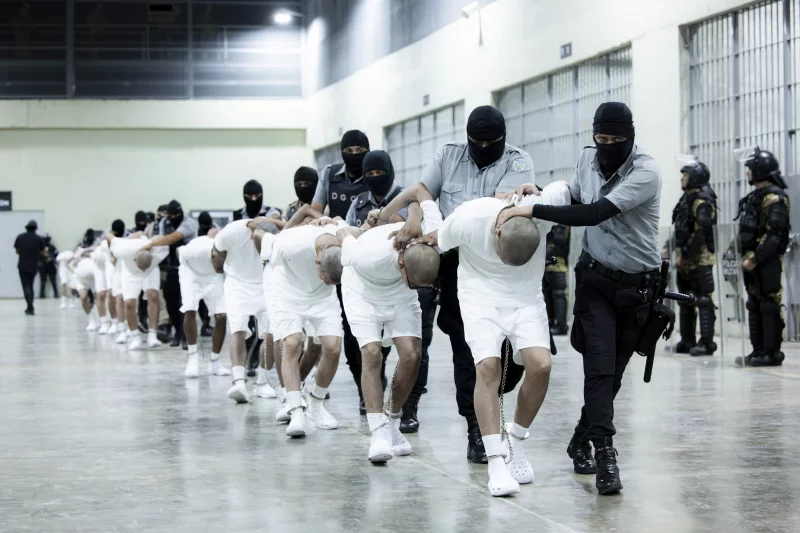In recent months, President Donald Trump and his administration have taken steps towards their goal of deporting undocumented immigrants and reducing the amount of migrants coming into the United States. The President’s campaign was largely focused on “mass deportations,” and these threats have already become realities, causing changes on the border.
US Customs and Border Protection (CBP) has reported that the US Border Patrol apprehended only 8,347 migrants crossing the southwest border illegally in February 2025. This is a 71 percent decrease since January 2025 and a 94 percent decrease from February 2024. As for the removal of undocumented immigrants, according to the Department of Homeland Security, roughly 75 percent of arrests made by ICE during Trump’s first 50 days in office were alleged or convicted criminals.
Although many cartel and gang members have been located, there have already been cases of mistaken deportations. One of these situations has been brought to the Supreme Court, which ruled that the US government must facilitate the return of Kilmar Abrego Garcia, who was wrongly sent back to El Salvador. Garcia had been living in the US since fleeing from El Salvador as a teenager, and was granted protection from deportation and given a work permit in 2019. Since then, he had been living in Maryland with his wife and young son, both US citizens, until being arrested by ICE officials in March. Garcia was taken to a maximum security prison in El Salvador, along with cartel and gang members. The prison is known for its terrible conditions and frequent violence. Trump’s administration has attracted criticism for its minimal effort in arranging for Garcia’s return.
Another notable case is Mahmoud Khalil, a graduate student at Columbia University and strong activist for the pro-Palestinian movement. Khalil was heavily involved in the campus occupations and encampments against the Israel-Hamas war. In March, he was taken by ICE agents, despite holding a lawful permanent residency in the US. Immigration Court has allowed for Khalil’s deportation, with the US government citing the Immigration and Nationality Act of 1952 and alleging that he poses a threat to national security. Khalil still has until April 23 to appeal the order before it order goes into effect.
The Trump administration continues to face legal challenges in response to its attempts at immigration reform. However, it has not only been outright arresting illegal immigrants. Social Security has taken action to force self deportations, like listing thousands of people as deceased to cut off their access to financial services. According to the CBP, a mobile app has been launched which allows undocumented immigrants to inform the government of their departure, so that they have a chance to gain lawful citizenship in the future. Many impacts of President Trump’s plans for immigration have yet to be made out.




